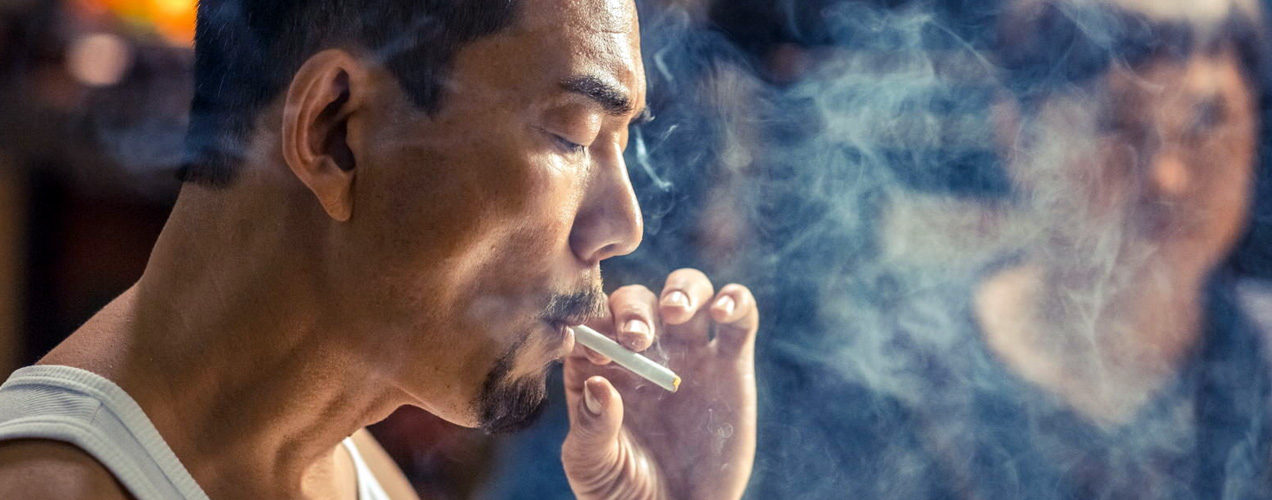2016 / Johnnie To > The future of post-Johnnie To cinema in Hong Kong has gotten off to a promising start with his proteges already showing a grasp of the master’s technical expertise and sound fundamentals. While the three individual stories don’t fully represent the tension surrounding the island’s handover to the mainland, each director’s take on the changing criminal environment is intriguing though not as fully realized as previous To films. In short, this is a lighter, shallower version of classic Hong Kong crime fare but one that is still an enjoyable watch.

Some
2004 / Jang Yun-hyeon > Some is a fairly intelligent mystery/sci-fi/thriller that may as well have been founded on a Philip K. Dick story, and it also shouldn’t surprise anyone that it’s written by the same woman responsible for Il Mare (later remade as The Lake House in Hollywood). The crux of the plot deals with a character having a special kind of foresight, though the film does a solid job of building around the technique so that it doesn’t become a silly gimmick. The direction is so tight that the viewer rarely gets a breather. Gone completely under the radar by many, this is a film that, while not groundbreaking, should be more voraciously consumed by those looking for twists in the action genre.
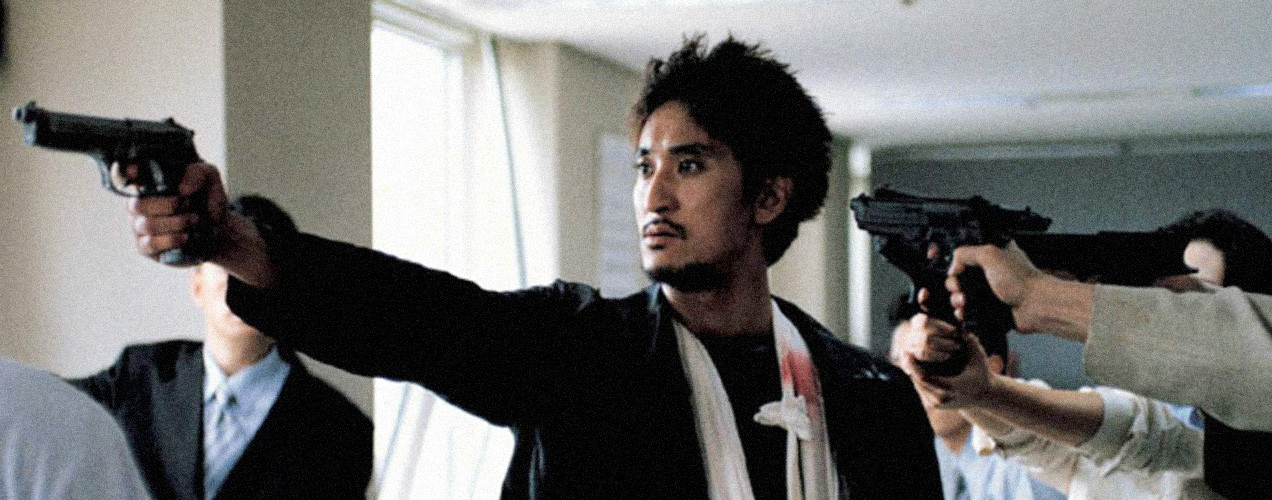
Guns & Talks
2001 / Jang Jin > A powerhouse cast (including The Man from Nowhere’s Won Bin and Sympathy for Mr. Vengeance’s Shin Ha-kyun) depict a quartet of assassins who are more of a dysfunctional family than a professional troupe. Jang’s direction results in a light-hearted, though poignant, black comedy: Amidst killings and a detective on their tail, they love and enjoy the little things in life. Guns & Talks was a relatively big hit in Korea, but unfortunately came out before Korean cinema really took off in the West. There are genuine laughs here that are in dire need of greater appreciation.
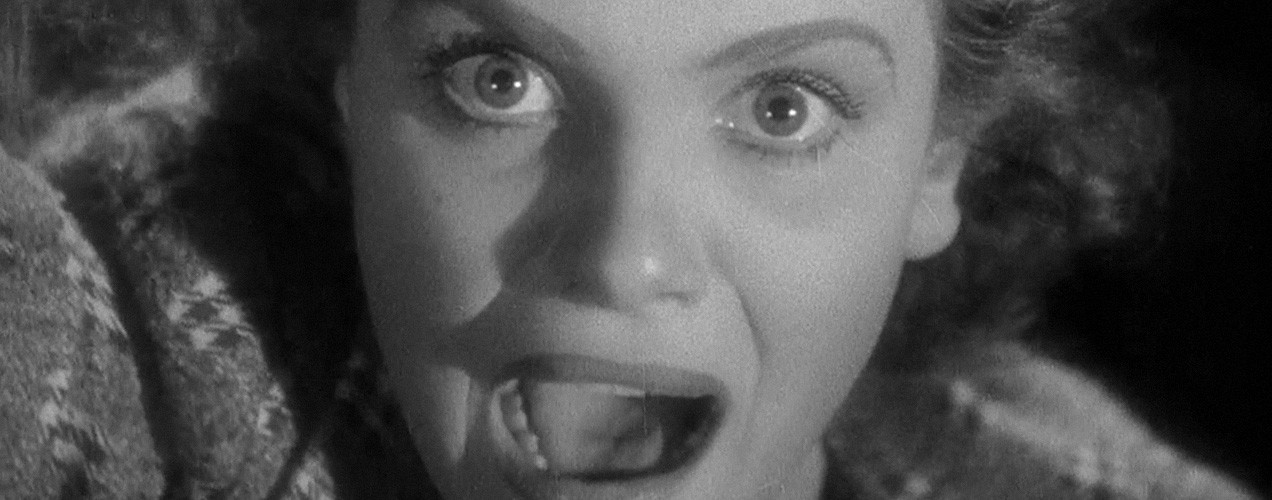
The Girl Was Young
Alfred Hitchcock / 1937 > An early Hitchcock with elements that would later be refined into his classics: A wrongly accused man on the run, a damsel who seeks to prove his innocence against conventional wisdom and a mysterious murderer lurking in the shadows. After a generic set-up, Young and Innocent, as it was known in the UK, powers through towards the climax as the leads finish their clue-hopping. Once backed against the wall, the climactic finale thrills the viewer by letting the camera tell a parallel story to unravel the mystery—a technique that has all the hallmarks of the director’s future brilliance.
SEE ALSO: Life as Fiction: Alfred Hitchcock, Ranked at Letterboxd
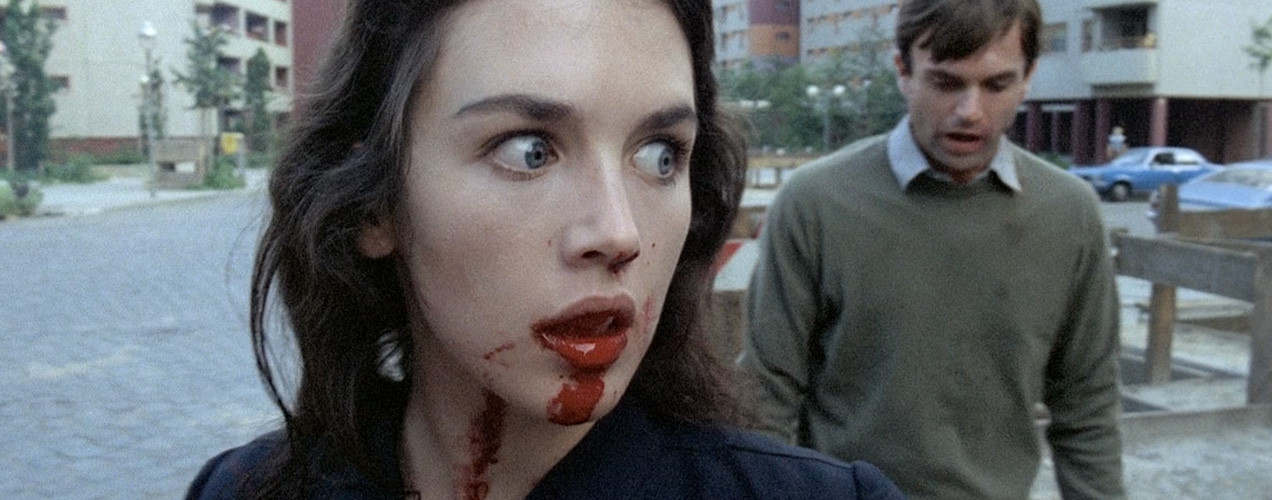
Possession
1981 / Andrzej Żuławski > There’s something about the madness of a beautiful woman whom you once loved. You know there was something in her that enticed you in the first place, and no matter how reckless she gets, that part of her gets you coming back for more. You don’t think about how it’s going to end, though you know deep inside that it won’t be well. You’re still intrigued, fascinated and find yourself going back for more.
Truth be told, I’m still pretty confused as to what it is that Żuławski has put in front of us, but I do know that in its unrelenting nature—with hints of Rosemary’s Baby and Vertigo—Isabelle Adjani’s performance alone is worth thrice the ticket price, watching her turn beauty into a mystical beast. Similar to Oshima’s take in In the Realm of the Senses, Possession is a dark tale of consumption, of passion beyond reason (or maybe of perfect reason?). It is absolute but not for everyone.
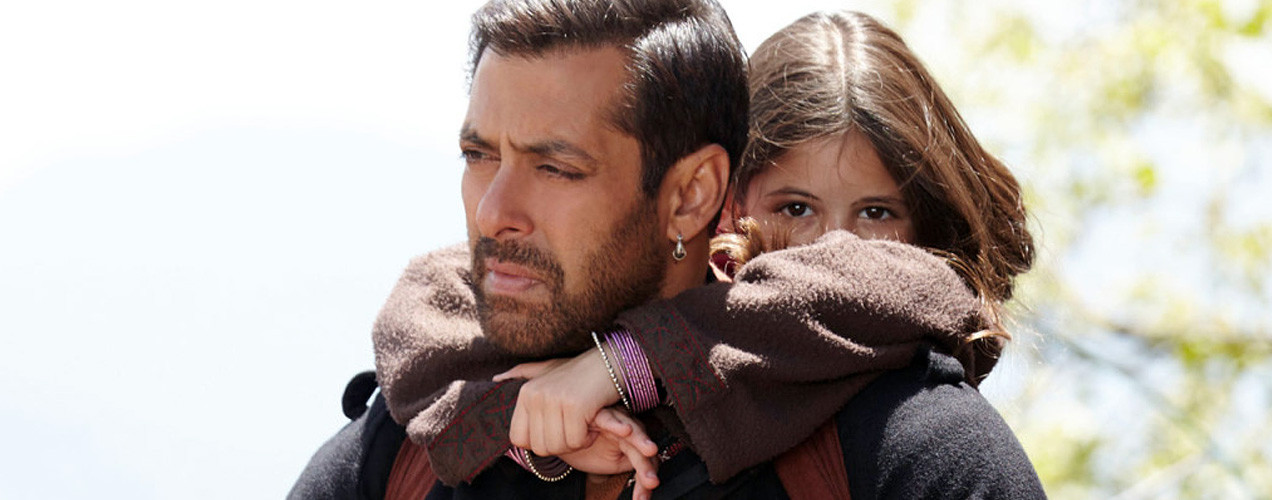
Bajrangi Bhaijaan
2015 / Kabir Khan > As the second-highest grossing film in Indian history, you have to give this Salman Khan-vehicle credit for sending a strong social message to viewers: It doesn’t matter what religion, nationality or caste you are, just treat people like people and everything will fall into place. It’s unfortunate that many of the factors that probably led to its box office success—the unnecessary slow-motion shots, the heroic action sequences bordering on the fantastic, the suspension of disbelief needed for the central plot device to exist—also kept Bajrangi Bhaijaan from being exceedingly satisfying. But that may be a small price to pay for a story of Indian-Pakistani cooperation that may inspire a new generation to rethink its approach towards blind hatred.
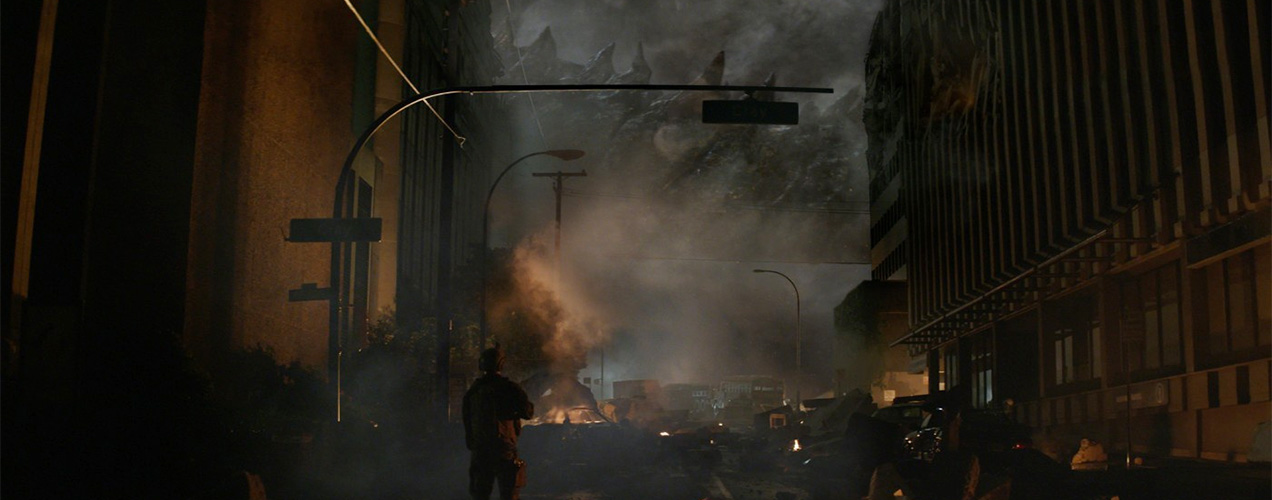
Godzilla
2014 / Gareth Edwards > You’ve done it, Gareth Edwards: You have given me everything I’ve ever wanted in a mainstream monster film in a neat, two-hour package. The subtlety, the lore, the focus on the smallest of details. In fact, you’ve almost made me forget Ferris Bueller’s taint on Godzilla! Your ability to capture the feeling of a devastating, towering presence in a metropolis of your choosing has yielded memories of classic kaiju adventures! The respect you pay to the genre is only surpassed by your much needed attention to what the audience wants, though not at the detriment to basic filmgoing intelligence. There is family drama, romance, monsters, science, some math and even a little sex (though probably not the kind we deem to be normal). It has twists, turns but not the kind that Shyamalan would throw upon an innocent bystander! What I appreciated most were the aesthetics. The bits that made me care, the hints and the heartbreaks without going overboard and at just the right moments.
And by the way, how did you ever get “Kick-Ass” guy to look like an action hero? Kudos!
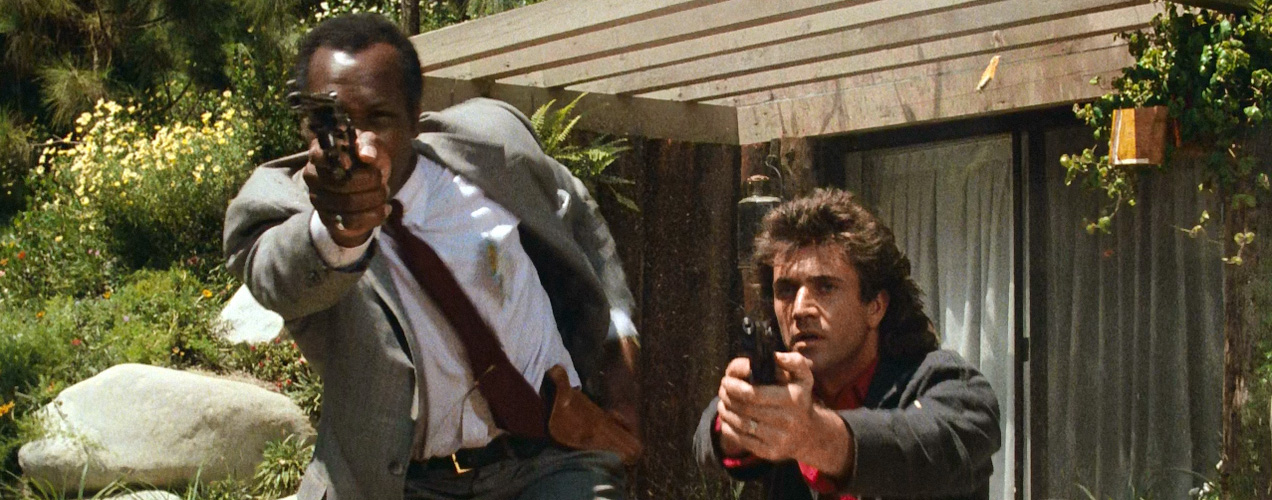
Lethal Weapon
1987 / Richard Donner > They don’t make ’em like this anymore: An 80’s buddy cop actioner with an underlying sense of humor that pervades even the most serious of moments. As such, while Lethal Weapon is damn violent, it’s also damn charming to watch Mel Gibson and Danny Glover interact and build their relationship against a backdrop of family ties, Los Angeles prostitutes and bad Christmas turkeys. We also get to witness Gary Busey’s Mr. Joshua, a villainous caricature who finds ways to progress the plot due to a dire need to impress his big, bad boss. It doesn’t always make much sense, but it works—even if it’s pretty thin.

Captain America: The Winter Soldier
2014 / Joe & Anthony Russo > You’ve done it, Marvel: You’ve finally taken your audience for granted. In the post-The Dark Knight world of comic superhero films, we, as an audience, have become increasingly forgiving in the hopes that the major studios will continue to follow through in their promise to actually build plausible storylines, that we won’t be insulted by constant deus ex machina plot progressions and 180° character transformations. While The Avengers did quite a bit to strengthen our hope, Captain America: The Winter Soldier has ripped the concrete off that foundation.
At this point in time, Marvel has the global audience by its neck. It cannot fail because we’ve been brainwashed to believe they can do no wrong. The positivity surrounding this film is shocking as it’s a veiled attempt at capitalizing on a generic storyline utilizing tropes that would shame Steve Rogers. After nine films, the formula is not only getting stale but regressing. The thought of the The Winter Soldier’s plot co-existing with The Avengers feels absolutely ridiculous. And the pattern has become obvious: Hero finds devious plan much bigger than previous film and succeeds in taking care of the issue—but with one lingering problem that leads to the subsequent sequel. So, knowing that the third Captain America film is due in two years, couldn’t we get more of an emotional bridge? All we got were bread crumbs and no finalities. In this universe, everything seems to have a way of resurrecting—and while this may be a common theme in comics, it becomes a rather lame exercise at the cinema.

42
 2013 / Brian Helgeland > There’s nothing worse in sports than mismanaging a prized asset. You can’t force positions on a player he’s physically not fit for, though some managers and coaches will outsmart themselves into thinking so. Once in a while, it may end up working, but statistically, success is an uncommon outcome. Therefore prized assets, especially those with significant potential, should be handled with care by the gentlest and more sophisticated of persons.
2013 / Brian Helgeland > There’s nothing worse in sports than mismanaging a prized asset. You can’t force positions on a player he’s physically not fit for, though some managers and coaches will outsmart themselves into thinking so. Once in a while, it may end up working, but statistically, success is an uncommon outcome. Therefore prized assets, especially those with significant potential, should be handled with care by the gentlest and more sophisticated of persons.
Jackie Robinson was a prized asset, a great ballplayer and an equally great man who struck one of the strongest chords in the fight for racial equality in American history. To think that he entered the big leagues over 15 years before Martin Luther King, Jr. gave his “I Have a Dream” speech is to gain perspective on the importance of Robinson’s act. As such, his story, to be told for a wide audience, should have been handed to someone more capable than a director whose best effort was a Mel Gibson revenge flick. (( Helgeland won an Oscar for writing L.A. Confidential, but surely Curtis Hanson’s tight directing is what ultimately kept it together. )) It’s painful to witness a story of such gravity butchered with generic characterization and amateur manipulation tactics. Too many by-the-line good vs. bad guy scenes undermine Robinson’s actual achievements for a feel good time, one that can be had only if you can force yourself to turn a blind eye to such shenanigans. In an era of heightened racism due to anti-Obama rhetoric and the wide net cast by social media, it’s important to remain objective about race relations rather than pigeonhole them into buckets to serve superficial purposes. Sadly, 42 sends Robinson back to the minors and loses out on an opportunity to educate contemporary youth about race history.

